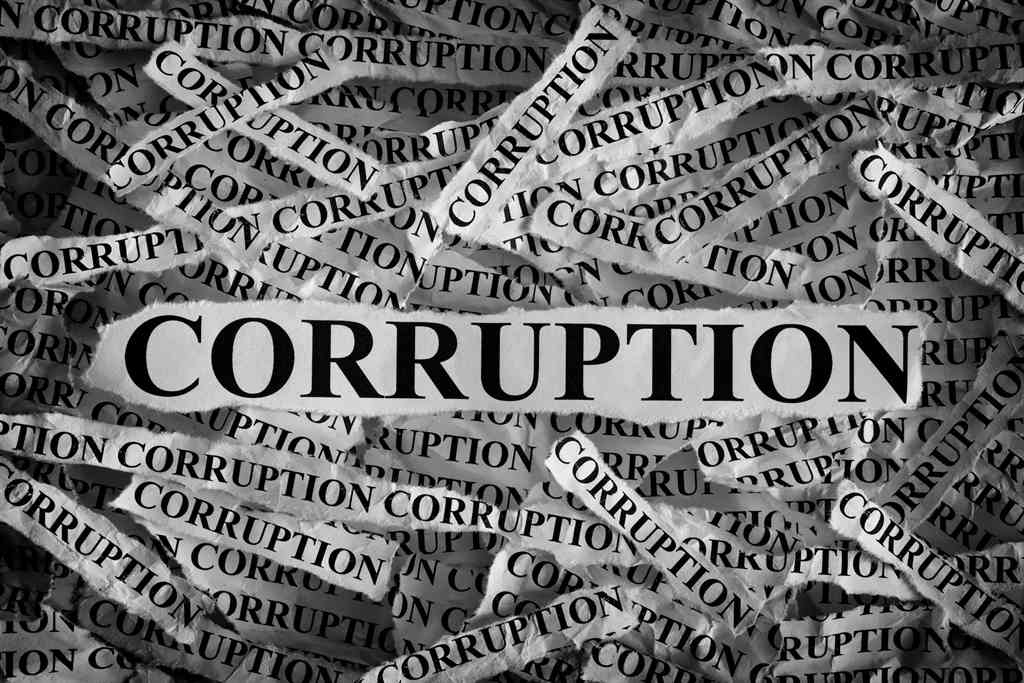
The Constitutional Court has finally put an end to what seemed to be a political stalemate after the July 30 election.
Develop me: Tapiwa Gomo
Most people just want the nation to move on and allow its people to rebuild the country.
Fetid as the electoral and court processes have been, lets now look into the future and hope for a five-year period of social, economic and political stability.
President Emmerson Mngangagwa faces a daunting task of uniting a widely polarised nation to minimise disruptive dissent, bringing back investor confidence to kick-start the economy, de-militarising the government and strengthening democracy and to weed out corruption which has stalled our country’s growth. We have to live with what we have for now and hope that he will stick to his election promises.
Achieving these will not be without impediments. He needs to earn the trust and win the hearts and minds of the people. He represents that dark past where his name appears in most situations when the nation endured pain.
He is surrounded by scary people who are just hard to trust. He has been part of that administration that ruined the economy and whose policies threw millions of people into destitution. He starts his new journey today as the face of both hope and despair.
The immediate and long-term political stability of the country will heavily rely on how he handles these issues, including his internal party politics, while channelling the nation’s energy towards the long-term economic growth agenda.
- Chamisa under fire over US$120K donation
- Mavhunga puts DeMbare into Chibuku quarterfinals
- Pension funds bet on Cabora Bassa oilfields
- Councils defy govt fire tender directive
Keep Reading
He is aware that he cannot succeed without the trust and support of the people.
The relationship between economic growth and bad politics is one not just of correlationship, but of causation. In Africa politics drives economics. The past two decades were testimony to this.
Linked to the reputational impediment is delivering on his promises. He informed the nation that he signed several deals which would translate into growth and jobs. The nation hopes that those statements were not simply for political expedience.
To understand what awaits his new term of office, he needs to take cue from the voices of the young people who were vocal during campaigns from different political camps.
They want change. They demand policies that will improve their lives; access to clean water, better education, improved health care and more jobs.
His ability to deliver on these services will depend on the availability of money. There has to be a sustainable source of money which is not the government.
That makes it imperative to immediately work towards reviving the private sector to generate profits and taxes that will be used to pay for these services.
There is a risk of rushing at politically expedient economic policy measures to salvage political images, gain quick votes and to quell dissent at the expense of the long-term economic development of the country.
Zimbabwe needs a long-term, solid and sustained economic development plan that transcends office terms and continues to meaningfully improve people’s lives.
Bigger economies such as South Africa are a product of long-term planning years before their independence. What we see today is just the implementation.
Reviving the economy is an easy but heavy task. Zimbabwe is ripe for economic growth. We possess two of three drivers of economic growth, namely a skilled and hard-working labour force and the natural resources that are ready to power production.
Capital, through investment, is the only missing link. A highly educated and hard-working population is ready invest their energy into economic growth, while the country possesses the key commodity inputs to economic growth in the form of arable land, potable water, energy and minerals in abundance.
The missing links were a solid economic growth plan; political stability and predictability; and trustworthy institutions that preserve and defend investment, property rights, rule of law and individual freedom. If we put the country first, these too can be strengthened.
However, the gap that arises from these missing links has sustained what some describe as the natural resources curse in Africa. There is no curse. There is manipulation of some of our people by the powerful states to access natural resources at lower prices.
Corruption is largely premised on individualism and self-enrichment. High profile corruption cannot happen without the backing of powerful states.
For instance, $15 billion worth of diamonds, cannot leave one country to another without the approval of some powerful force.
It is high time we loved our country. For individuals involved in self-serving corruption practices, the past two decades have shown the accumulation of money itself by a few is pointless unless the money is invested in and supports public institutions that can improve society in general.
It is pointless to acquire an expensive luxury car when there are no roads to use it. There is a chance to invest those funds acquired via corrupt practices and allow corrupt individuals to have an impact on the wider community. They can hire others or invest their loot back into the economy. That way, they would have put the country first as well.
Tapiwa Gomo is a development consultant based in Pretoria, South Africa











